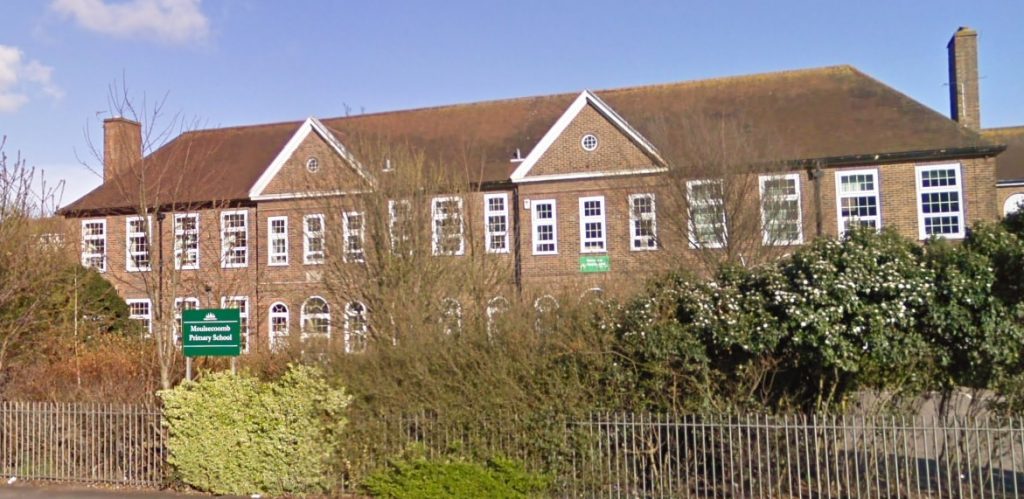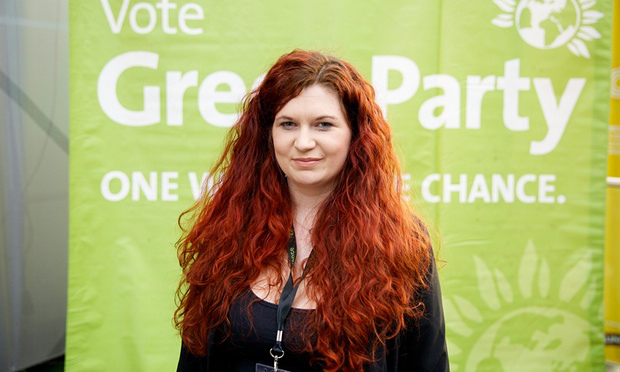Councillors from all three political parties – Labour, Green and Conservative – have united to oppose plans to turn Moulsecoomb Primary School into an academy.
They voted as one this afternoon (Monday 17 June) after a passionate debate about the aftermath of an Ofsted report that labelled the school “inadequate”.
The result of their vote will be a ballot of parents and carers of children at the school, asking whether they are in favour of or opposed to the school becoming an academy.
The timescale and details have yet to be agreed but the result will be sent to the regional schools commissioner Dominic Herrington who they are urging to have a rethink.
Mr Herrington, who was recently promoted to national schools commissioner, issued an “academy order” which was dated before the publication of the Ofsted report.
The order means that the school is expected to become an academy, with a sponsor, rather than one that is maintained by the local authority – Brighton and Hove City Council.
But while the council has a duty to co-operate with the schools commissioner, councillors believe that balloting parents about the matter may help to reverse the decision.
At a meeting of the council’s Children, Young People and Skills Committee at Hove Town Hall, councillors were told that more than 2,150 parents had signed a Change.org petition against finding a sponsor to run the school.
Labour councillor Nick Childs, the new chair of the committee, said that he had read hundreds of Ofsted reports in his time and that Moulsecoomb’s did not read like an inadequate one.
He said that progress had already been made at key stage 1 under a new head teacher but that he had not even been in place for a year when key stage 2 pupils took their SATs (Standard Attainment Tests). The poor results influenced Ofsted’s “inadequate” verdict.
Councillor Childs said that forcing the school to become an academy was in effect “privatising the school”.
He said: “It’s a punitive act, it’s a questionable act and it’s an undemocratic act.
“There is no duty to consult parents and no right for the local authority to oppose it. It is undemocratic and we do not have the power to reverse it.”
He said that parents and residents would be unable to vote out those running the academy if they did a bad job – but he said: “If I didn’t feel I was doing a good job, I would want parents to be able to vote me out.”

Green councillor Elaine Hills reminded the committee how her party had opposed plans to turn Hove Park School into an academy.
She said: “I don’t think turning the school into an academy will improve it.
“I also think that imposing academy orders on schools without consulting the community will have a devastating impact on the community.”
The committee was told that the Conservative MP for Lewes, Maria Caulfield, who was previously a councillor for Moulsecoomb and Bevendean, was opposing plans to turn a school in her constituency into an academy.
And members heard criticism of six-figure salaries for some of those running academies.

Newly elected Labour councillor Kate Knight, who represents Moulsecoomb and Bevendean, said that there was a “sense of shock and outrage” when the Ofsted report was published.
She said: “The most powerful message I heard from many people in Moulsecoomb and Bevendean was that they don’t think anyone listens to them … that their opinions are not valued, not taken into account and not acted upon.
“We should all be determined to change that.”
Green councillor Hannah Clare was concerned that if the school became an academy it would lose council support and would not have an Ofsted inspection for three years.
Conservative councillor Vanessa Brown said that her party was happy to support the cross-party motion calling for a ballot of parents and it would support what parents wanted for the school.
She said that her party did not have “the same ideological hatred of academies” as the Greens and Labour.
Councillor Brown added: “We genuinely just want the best for our children.
“We understand what you are trying to achieve so we will support the … motion.”

Fellow Conservative Lee Wares wanted Ofsted to return to the school to see the progress being made in the hope that inspectors would upgrade their verdict.
His suggestion won unanimous support from the councillors of all three parties – as did the motion on a parental ballot.
Councillors were told that an academy order would be revoked only in exceptional circumstances such as if it was not financially viable, which was not the case for Moulsecoomb, or if there was a significant improvement in standards.
The next Ofsted visit would be a “monitoring visit” rather than a full inspection. This would check progress rather than revise the watchdog’s rating.
Councillors were told that weaknesses had been identified at the school but they were not so bad that the school was placed in “special measures”.
Leadership, management and governance were capable of improvement, they were told.
And the school had already been recognised as needing extra support before the Ofsted inspection.

Councillor Brown said: “It feels that somehow, as an authority, we’ve failed that school.
“We put in extra support at Moulsecoomb but did we do enough? Was it the right kind of support?”
She also questioned whether St Mark’s Church of England Primary School, which at its latest inspection dropped a grade to “requires improvement”, was getting enough support.
Parent governor representative Amanda Mortensen told the committee that she was a governor at Carden Primary School where there were similar numbers of pupils with special educational needs and disabilities (SEND) as there were at Moulsecoomb.
She said: “We should all be supportive and should support the leadership there.”
Among the measures already adopted to try to help Moulsecoomb Primary School were mentoring teachers, support for pupils before SATs and training with Sussex University.
A public meeting about the academy order is due to take place at the school tomorrow (Tuesday 18 June) at 6pm.








